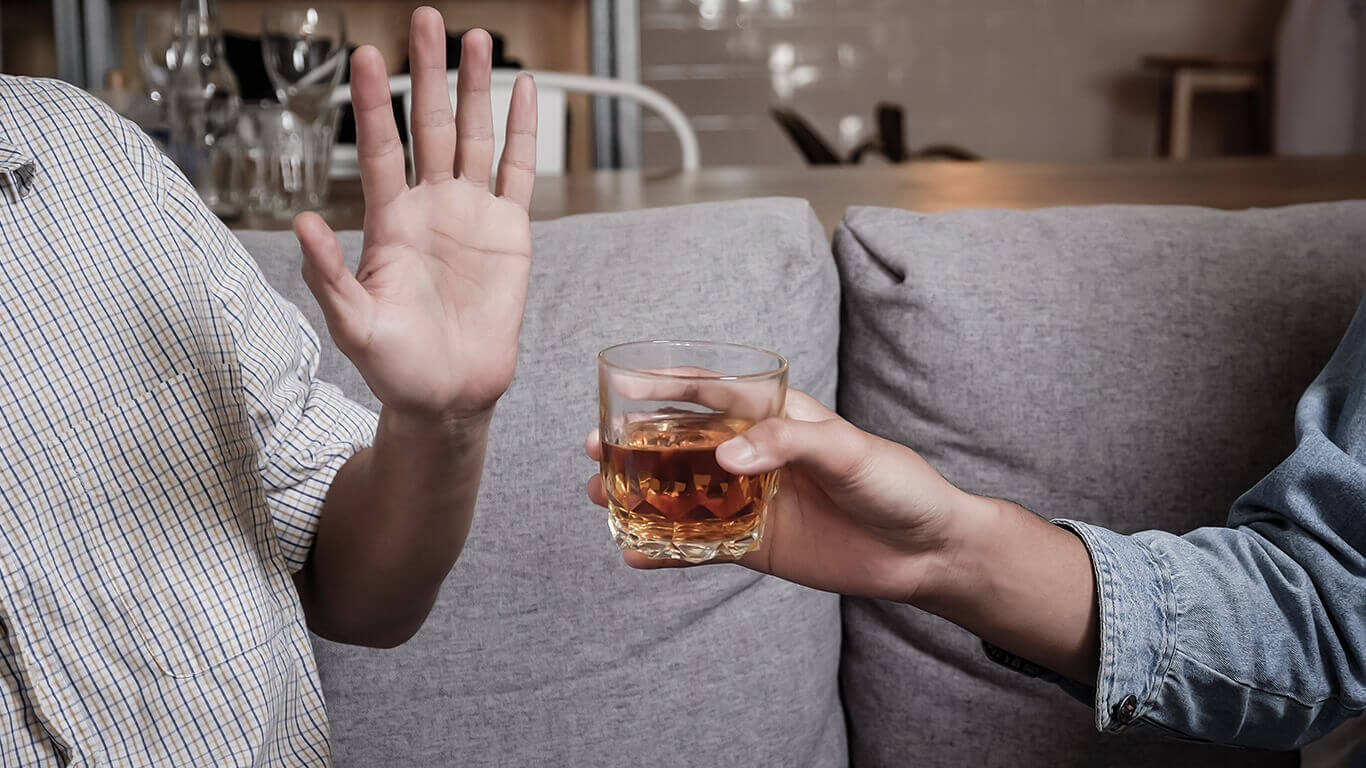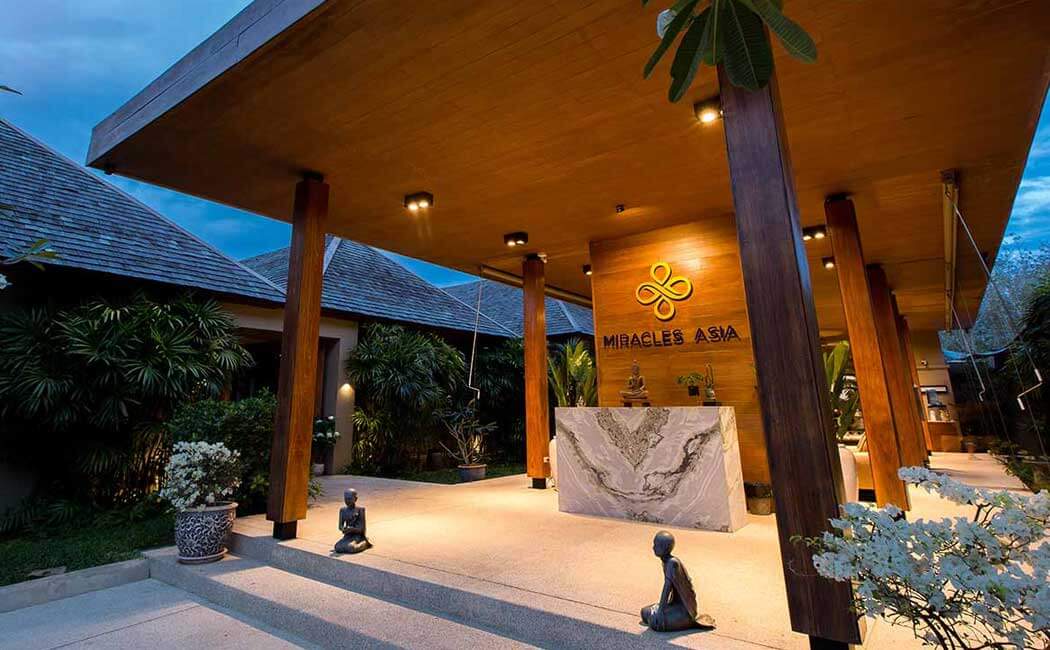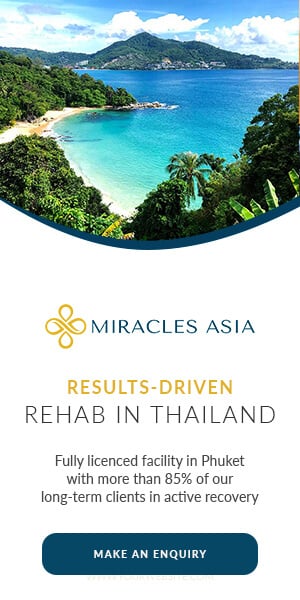The Miracles Asia News Feed

Unlocking the Loopholes to Access Your Superannuation Early For Addiction Treatment
Facing addiction or trauma can be a challenging and life-altering experience. In times of crisis, financial constraints can feel like insurmountable barriers to getting the help and treatment you or your loved ones desperately need, but support is available.
Miracles Asia has long-standing partnerships with multiple services Australia that specialize in navigating the ATO guidelines & requirements for accessing superannuation funds. Together we will assist you through this often complicated and what can be at times a frustrating process, so that you are able to access your superannuation early in order to cover the full cost of your addiction treatment program at our rehab in Thailand.

Help For Veterans Struggling With PTSD & Addiction
My name is Michael Pugh, and I am an honorably discharged U.S. Army combat veteran.
I served on active duty for several enlistments with the 3rd Infantry and 82nd Airborne Divisions, as well as a platoon sergeant in the 4/160 Infantry California National Guard, where I graduated from many schools, including Airborne, Jumpmaster, Jungle Warfare, and Ranger Schools.
During my service, I amassed a distinguished record and am a highly decorated soldier.
After being discharged, I studied at San Diego State University, where I was awarded a merit scholarship at Oxford University, England.

What Is Alcohol Intolerance?
Alcohol intolerance is a real and often underdiagnosed condition. It’s not the same as an alcohol allergy, but it can be just as serious. If you have alcohol intolerance, drinking even a small amount of alcohol can cause uncomfortable symptoms like flushing, headache, and nausea.
Unfortunately, many people with alcohol intolerance don’t know they have it until they have a reaction. And, since reactions can vary from person to person, it can be hard to diagnose.
Alcohol intolerance can be particularly problematic if you have developed a dependence on, or have be diagnosed with an addiction to alcohol, as repeated exposure to alcohol can make the symptoms more dangerous.








